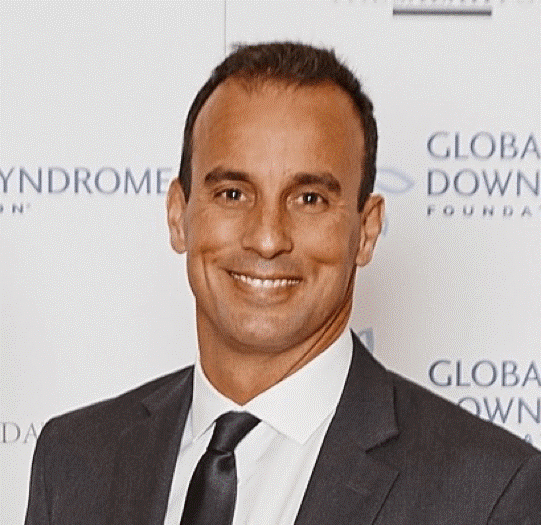People
Joaquín Espinosa, PhD

Joaquín Espinosa, PhD
University of Colorado, Denver
For the past 25 years, Dr. Espinosa has investigated novel mechanisms of gene expression control and molecular signaling in human health and disease, making significant contributions to the fields of parasitology, cancer biology, hypoxic signaling, and most recently, trisomy 21. In 2013, he received pilot funding from the Crnic Institute to apply his expertise in functional genomics to the study of Down syndrome. These activities led to the discovery that interferon signaling is consistently activated in multiple cell types with trisomy 21. Follow up studies demonstrated changes in the proteome, metabolome and immune cell repertoire indicative of interferon hyperactivity and increased JAK/STAT signaling in living individuals with Down syndrome. Altogether, these results support the hypothesis that interferon hyperactivity drives many of the developmental and clinical hallmarks of Down syndrome. Furthermore, Dr. Espinosa’s team recently reported the therapeutic benefits of JAK inhibition for autoimmune skin disease in Down syndrome, leading to the recent approval and funding through the INCLUDE Project of the first clinical trial for JAK inhibition in Down syndrome. Given the established role of neuroinflammation in Alzheimer’s disease, including demonstrated roles for interferon signaling in Alzheimer’s disease progression in animal models, this work could be of key relevance to the ACTC-DS mission.
At the Crnic Institute, Dr. Espinosa leads a dynamic and multidisciplinary research portfolio involving over 50 research teams across 25 departments at the University of Colorado. In 2016, Dr. Espinosa launched the Crnic Institute’s Human Trisome Project (HTP, www.trisome.org), a deep pan-omics cohort study of people with Down syndrome. The HTP was envisioned as a discovery accelerator for the field, pairing the generation of pan-omics datasets with deep clinical phenotyping on 1000+ individuals with trisomy 21, and making the data publicly accessible via a user-friendly online platform. In just three years, the HTP biobank has samples from >1500 participants, generated diverse multi-omics datasets, and created the first-ever online platform to explore the impact of trisomy 21 on these multidimensional datasets, called the TrisomExplorer: www.trisome.org/explorer. This project will be a great resource for the ACTC-DS both in terms of recruitment and multi-omics characterization.

